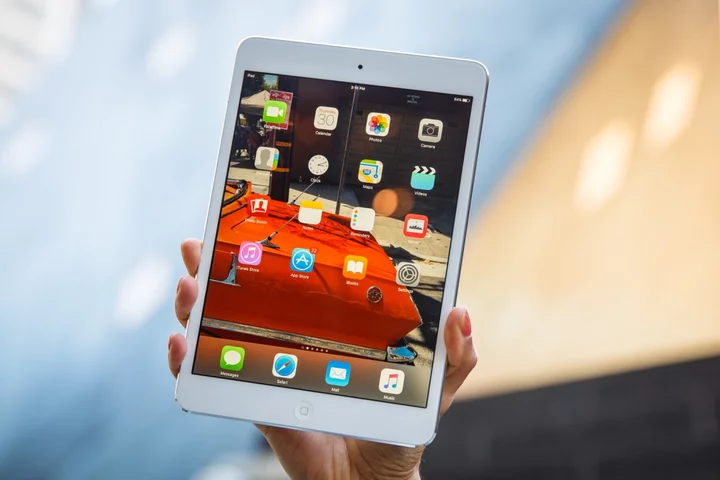
This $100 refurbished iPad mini comes with headphones and a full set of accessories
TL;DR: As of June 11, you can get a refurbished iPad mini 2 with a
2023-06-11 17:52
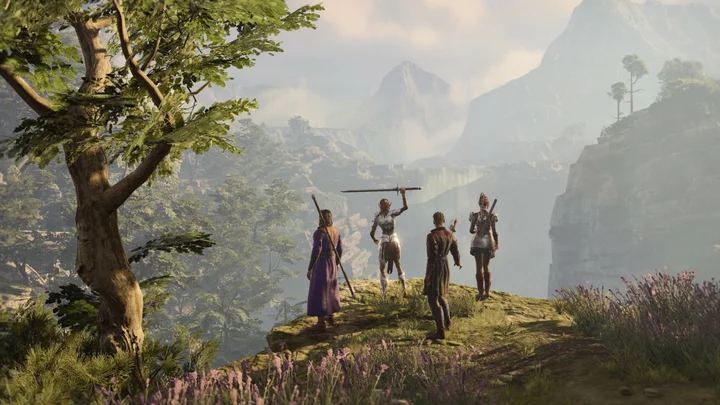
'Baldur's Gate 3' will come to Xbox this year, but with one caveat
Gaming's biggest surprise hit of 2023 will come to Xbox consoles this year, after all.
2023-08-25 03:18

The MIRA Surgical System Proceeds to FDA Substantive Review for Market Authorization Under the De Novo Classification Pathway
LINCOLN, Neb.--(BUSINESS WIRE)--May 18, 2023--
2023-05-18 20:29
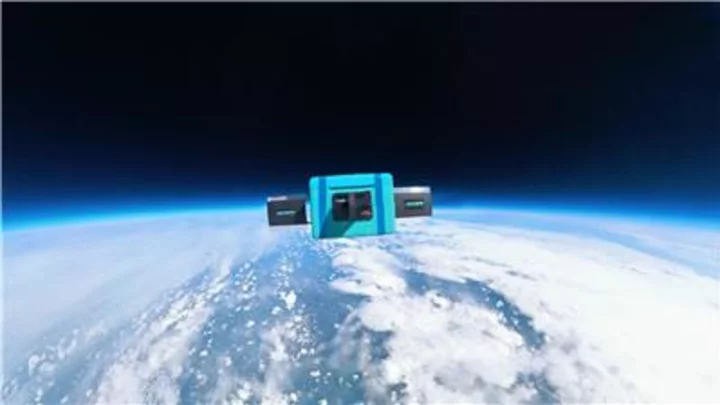
University Students Set to Launch Most Powerful UK Reusable Rocket - Karman Space Programme
LONDON--(BUSINESS WIRE)--Sep 19, 2023--
2023-09-19 22:17

Comcast Business Names Tracy Pitcher Senior Vice President at Central Division Headquarters
ATLANTA--(BUSINESS WIRE)--Aug 10, 2023--
2023-08-10 22:19
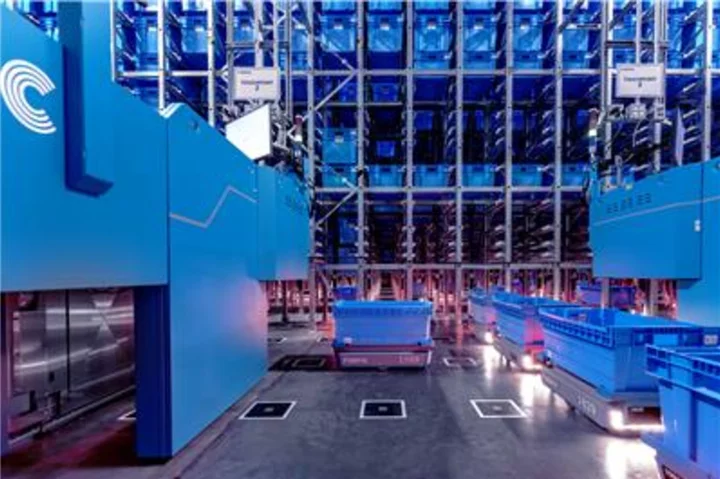
Fabric’s Innovative Automated Fulfillment Solution Wins Two Prestigious Honors
NEW YORK--(BUSINESS WIRE)--Jun 19, 2023--
2023-06-19 19:15
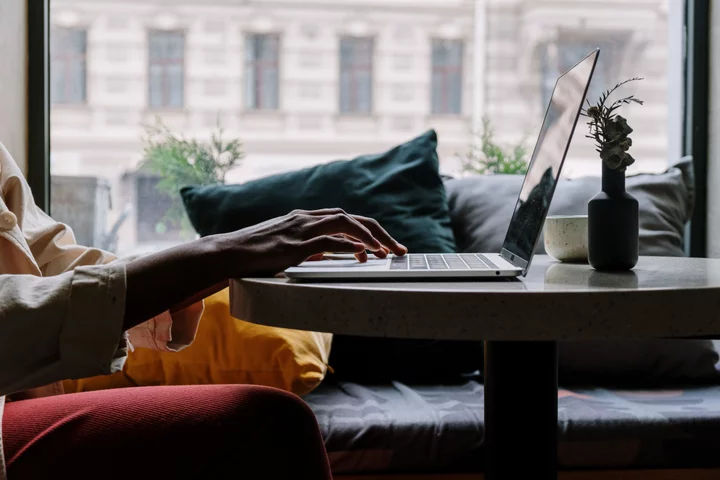
How to unblock SBS On Demand for free
SAVE 49%: ExpressVPN is the best service for unblocking SBS On Demand. A one-year subscription
2023-08-12 12:28
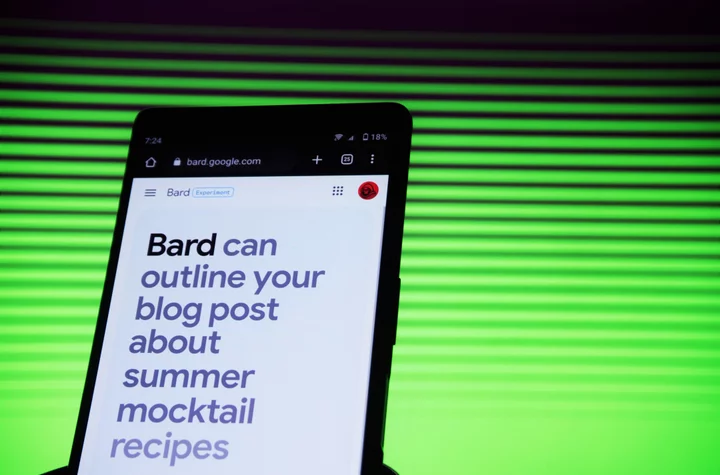
How to unblock Google Bard for free from anywhere in the world
SAVE 49%: ExpressVPN can reliably unblock Google Bard from anywhere in the world. A one-year
2023-05-16 12:25
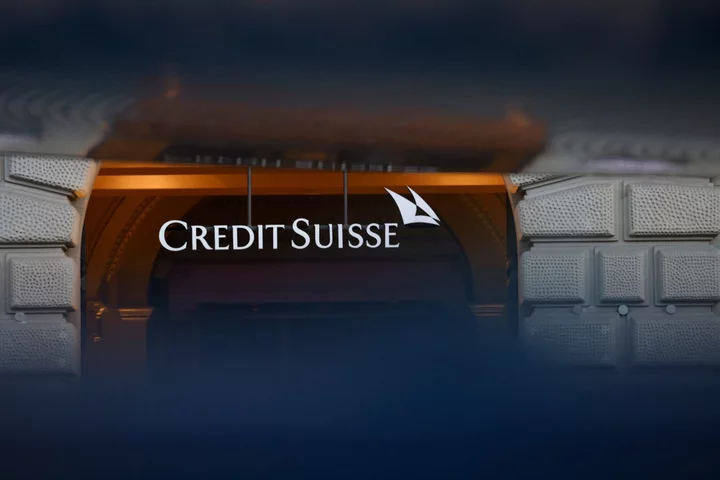
Credit Suisse Managing Director Says Bank Actively Seeking ESG Debt Deals
A senior investment banker at Credit Suisse AG says his team is actively seeking new deals in a
2023-05-15 19:47
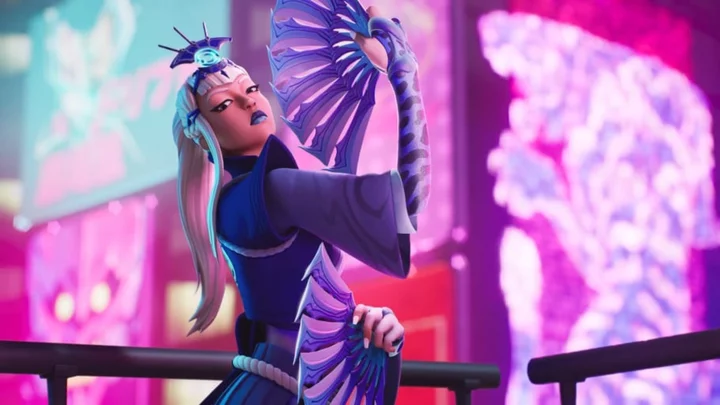
Did Fortnite Remove the Kinetic Blade?
After temporarily removing the Kinetic Blade from Fortnite due to a glitch, Epic Games has announced the blade will remain vaulted for the rest of Chapter 4 Season 2.
2023-05-26 03:58

An author says AI is 'writing' unauthorized books being sold under her name on Amazon
An author is raising alarms this week after she found new books being sold on Amazon under her name — only she didn't write them; they appear to have been generated by artificial intelligence.
2023-08-10 22:21
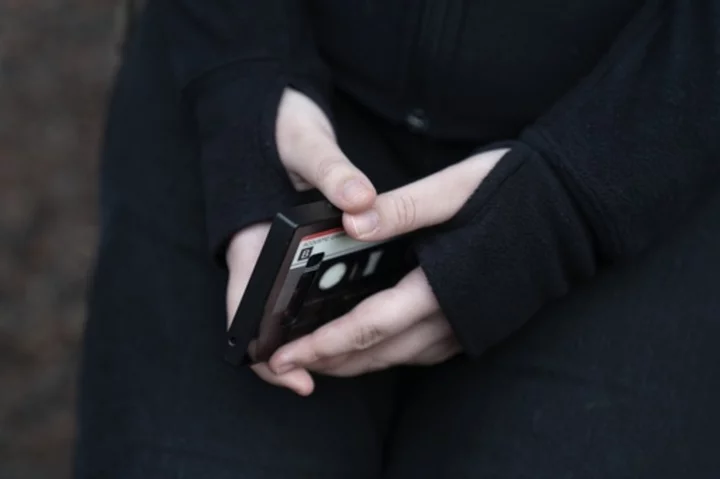
Car seats and baby formula are regulated. Is social media next?
The U_S_ Surgeon General is warning there is not enough evidence to show that social media is safe for young people — and is calling on tech companies, parents and caregivers to take “immediate action to protect kids now.”
2023-05-23 17:20
You Might Like...
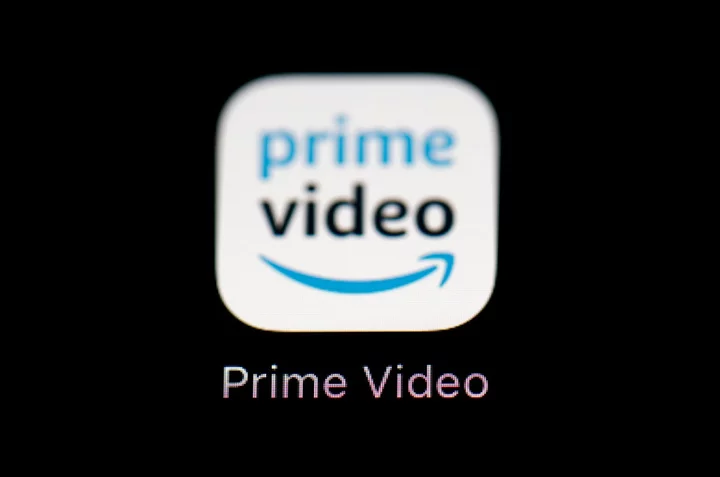
Amazon Prime Video will soon start running ads unless you pay a monthly fee
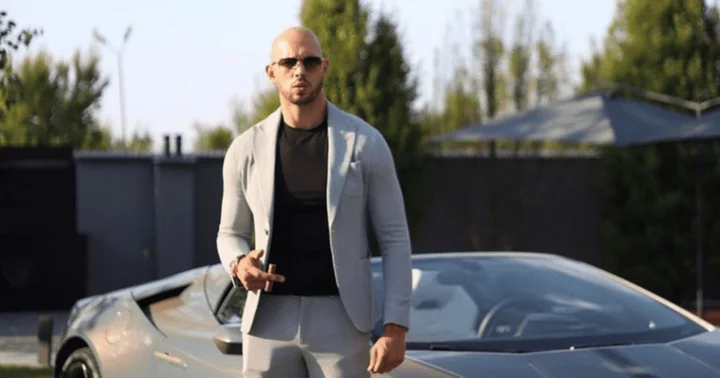
What happened to Andrew Tate? Top G's training video shows disturbing whip scars on his back, fans say ‘true warrior mindset’
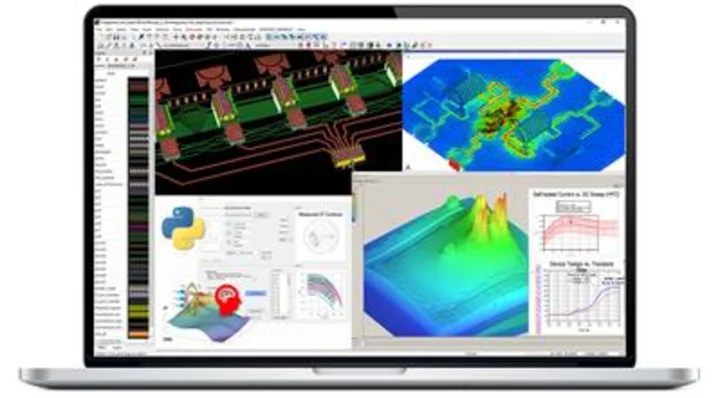
Keysight Introduces PathWave ADS 2024 to Accelerate 5G mmWave Design and Pioneer 6G Development
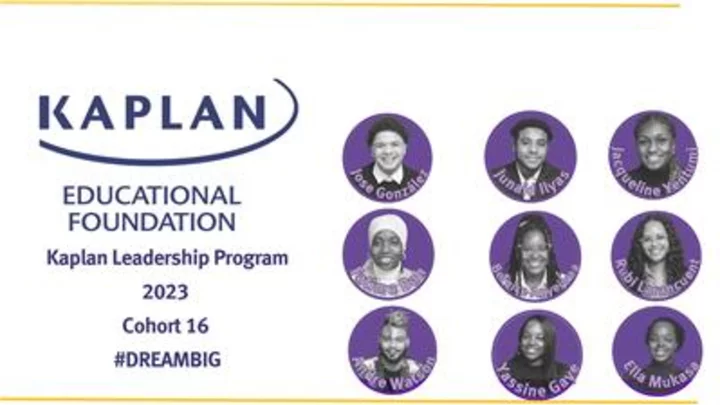
Kaplan Educational Foundation Announces 2023 College Acceptances

Canada Wildfires Heat Up Climate Change Pressure on Trudeau

Get extended 30-day free trials of selected Prime Video channels this Prime Day
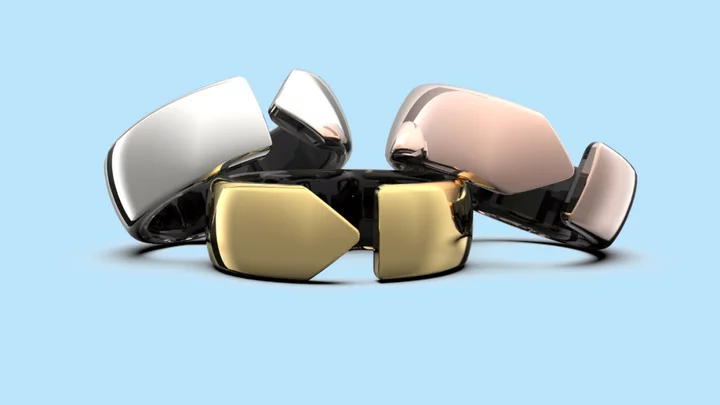
Evie, the first medical-grade health tracker for women, will launch this fall
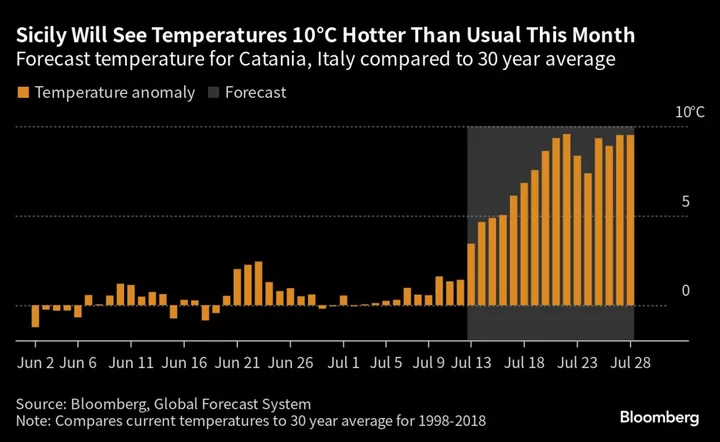
Italy Issues Emergency Warnings as Cerberus Heat Grips Europe
